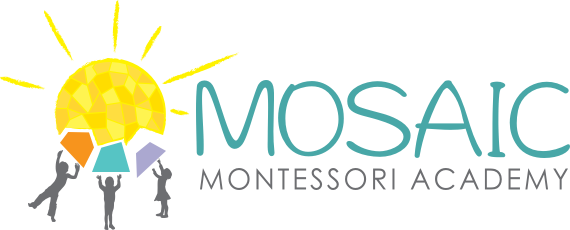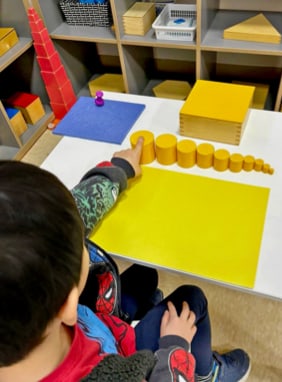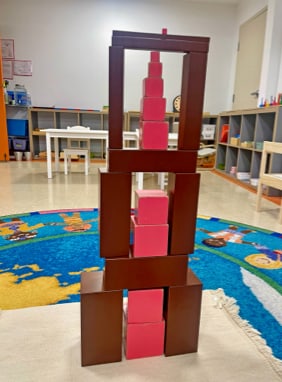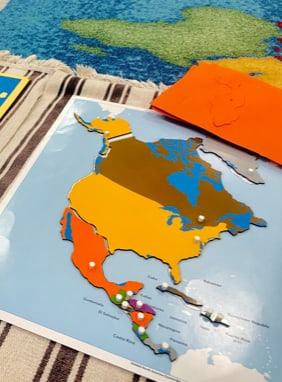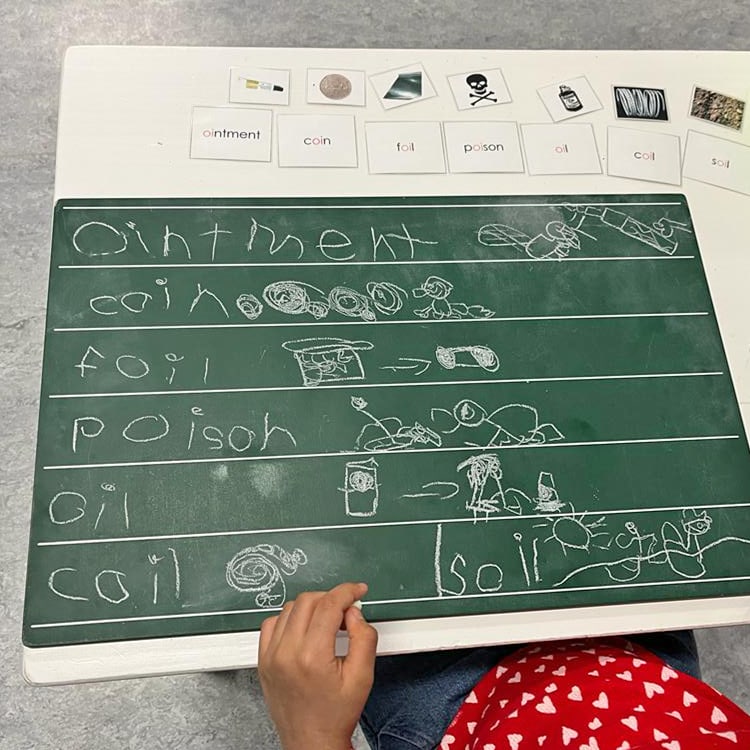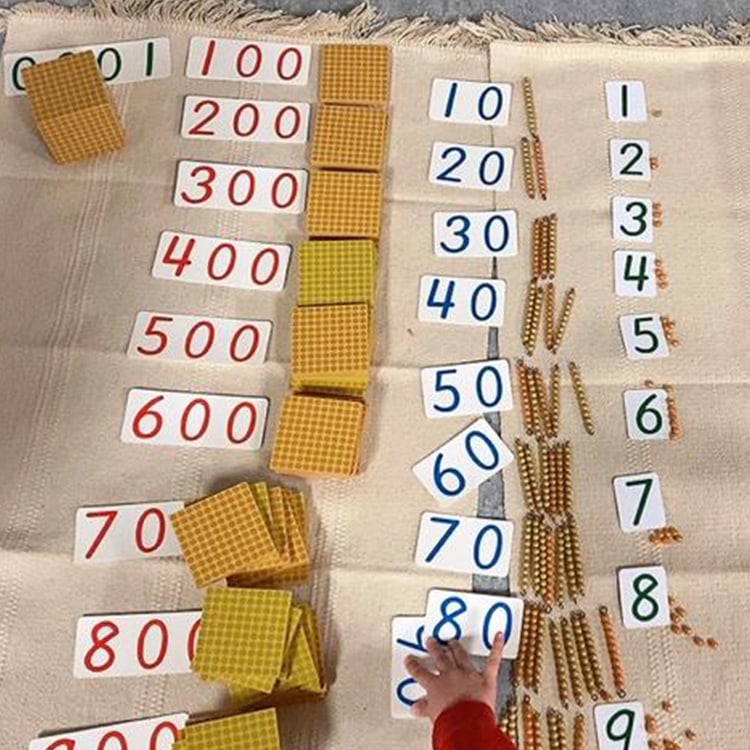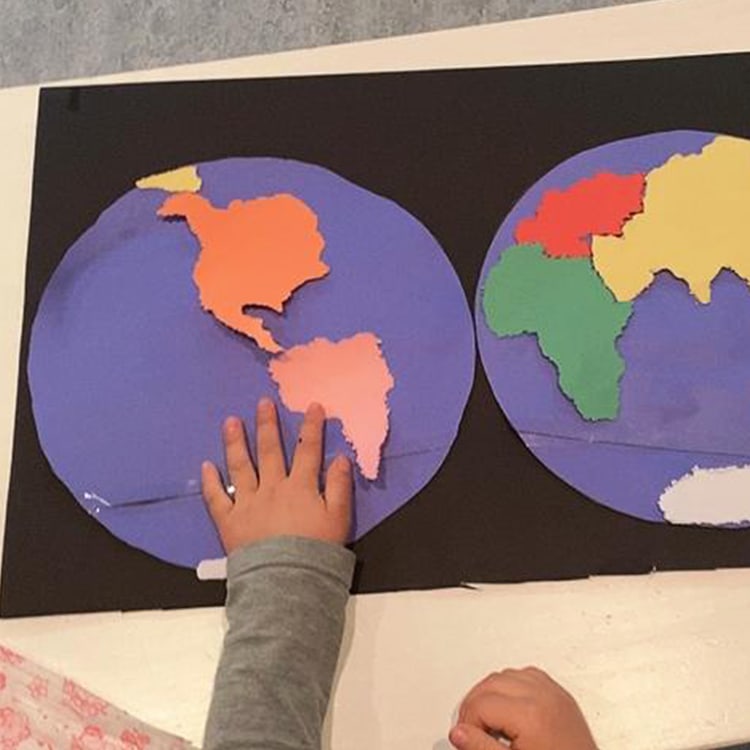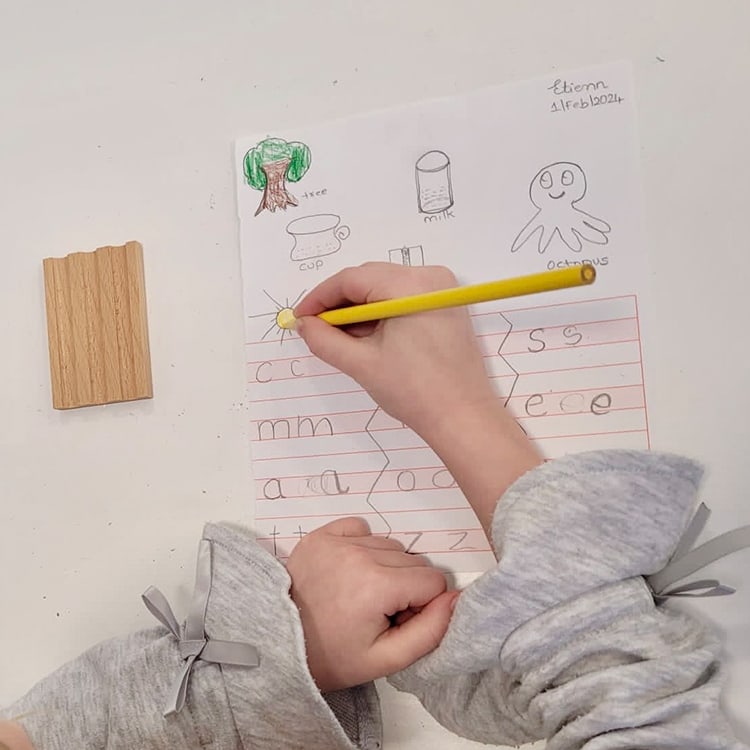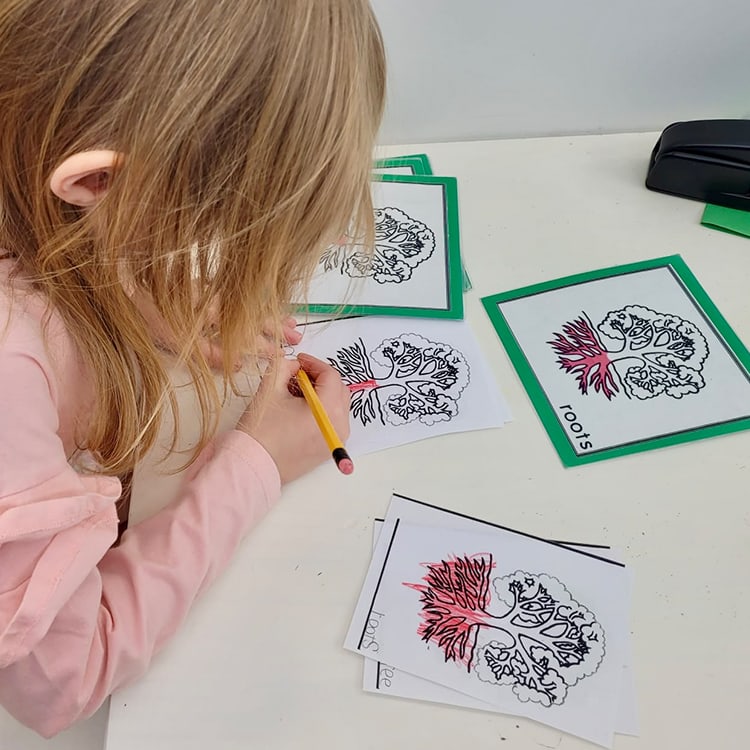As a parent, you always want to do what’s best for your child. Whether you decide to keep your young child at home or enroll them in preschool or a Montessori program, you should know that small group activities are crucial for your child’s development.
What Is Small Group Learning?
Small group learning is an educational approach where individuals are broken into small groups (usually groups of 3-6) to complete tasks. In preschool-aged children, small group learning can be anything from small group playtime to more organized task-specific group activities.
Small group learning requires a more individual component of learning compared to full-classroom learning, allowing your child to develop their skills in a variety of ways. Studies have found that this type of learning also helps to introduce your child to classroom learning, which can lead to better success in an educational setting.
Ideal Group Learning Structure
To ensure that the benefits of small group learning are maximized for your child, you should aim to follow these general guidelines:
- Learning should be structured
- Adults or teachers should be involved in directing the activity
- The kids should work through the activity as a group without adult intervention when possible
- The kids should be engaged and working with each other
- There should be a collective product that results from the group work
Types of Small Group Learning
There are many ways you can ensure your child receives small group learning. Signing your child up for community classes, organizing playdates with small groups, or signing them in organized educational programs can be a great way to make sure your child is taking part in small group activities.
Some of the most common types of small-group learning that are offered in preschool or Montessori programs are:
Language and Literacy
Breaking into groups to learn language and literacy is a different way for your child to learn to write, read and spell. Examples of language and literacy small group learning could be building words with blocks, reading out loud to others, or painting letters suggested by their peers.
Learning these skills in a small group allows your child to learn from others, work with others and teach others, all while improving their spelling, writing, and reading skills.
Dramatic Play
Allowing your child to learn how to express themselves can have a huge impact on their development, as a large part of development stems from creativity.
Playing pretend as a small group allows your child to practice playing different roles while learning to work together and problem solve in a team setting.
Arts and Crafts
Art activities are another way to have the kids work together to explore different materials while working on their interpersonal and cooperation skills.
Letting children choose an art project to complete together helps them learn how to work on a team while developing their individual physical skills such as hand strength, hand-eye coordination, sensory skills, and attention skills.
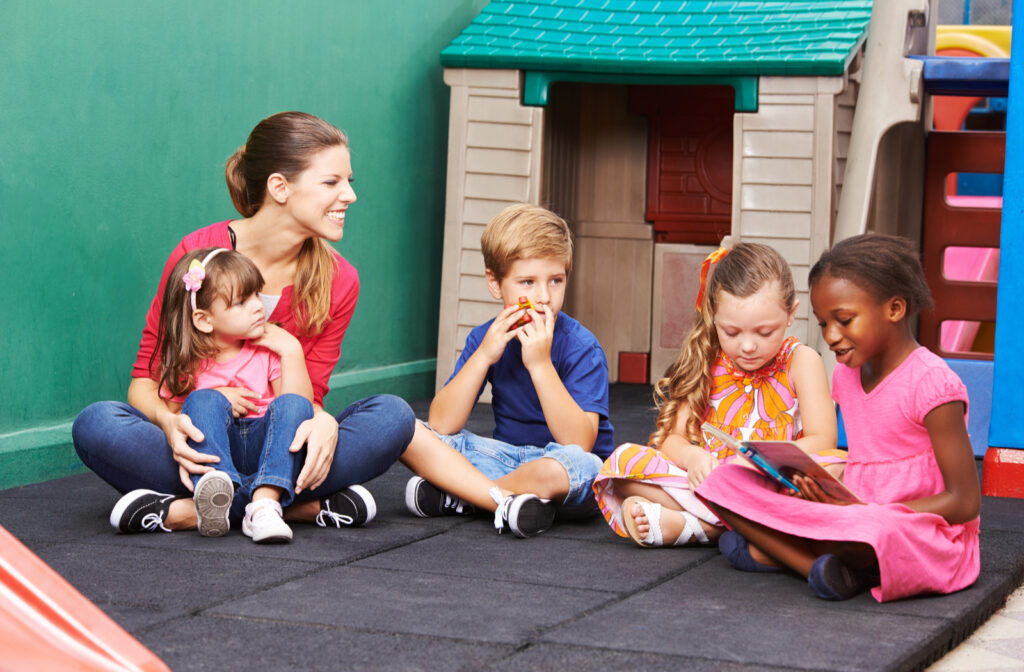
Why is Small-Group Learning Important?
There are many benefits to small group activities in the classroom. Here are some of the most common reasons you should make sure small-group activities are incorporated into your child’s early education:
Developmental Growth
Preschool-aged children are still developing both socially, physically, and cognitively. Small-group activities offer a learning environment where children can interact with one another in a more approachable way. This allows children to develop their skills, and learn new skills from others while accomplishing a task.
Peer Cooperation
Small group activities are a way to get your child working collaboratively with their peers. Working towards a common goal or project helps develop their cooperation skills, conversation skills, and compromising skills.
Observation
Allowing children to work together in small groups as opposed to being taught by an adult also frees up the educator to observe how your child is interacting with others and developing individually.
This observation allows educators to assess and adjust your child’s education to best support them in their educational journey.
Encourages Interest
There are several ways that educators can separate children into small groups to encourage their interests in different ways. These include:
- Breaking children into groups based on interest
- Breaking children into small groups based on what they’re not interested in, allowing them to experience areas outside of their comfort zone
- Breaking children into groups based on similar development levels so they can more easily work towards a goal tailored to their level of skills
- Breaking children into groups with a range of development levels to promote cooperative learning and leadership skills
Small-Group Learning in a Montessori Setting
Small-group learning is a fundamental approach used in Montessori classrooms.
The Montessori method encourages children to learn through four planes of development. For preschool-aged children, the focus is on the first plane of development: Environmental Learning.
Environmental learning is all about introducing a child to education through group and individual activities directed towards meaningful tasks that involve writing, reading, and mathematics.
If you’re interested in how Montessori can impact your child, contact us today!
